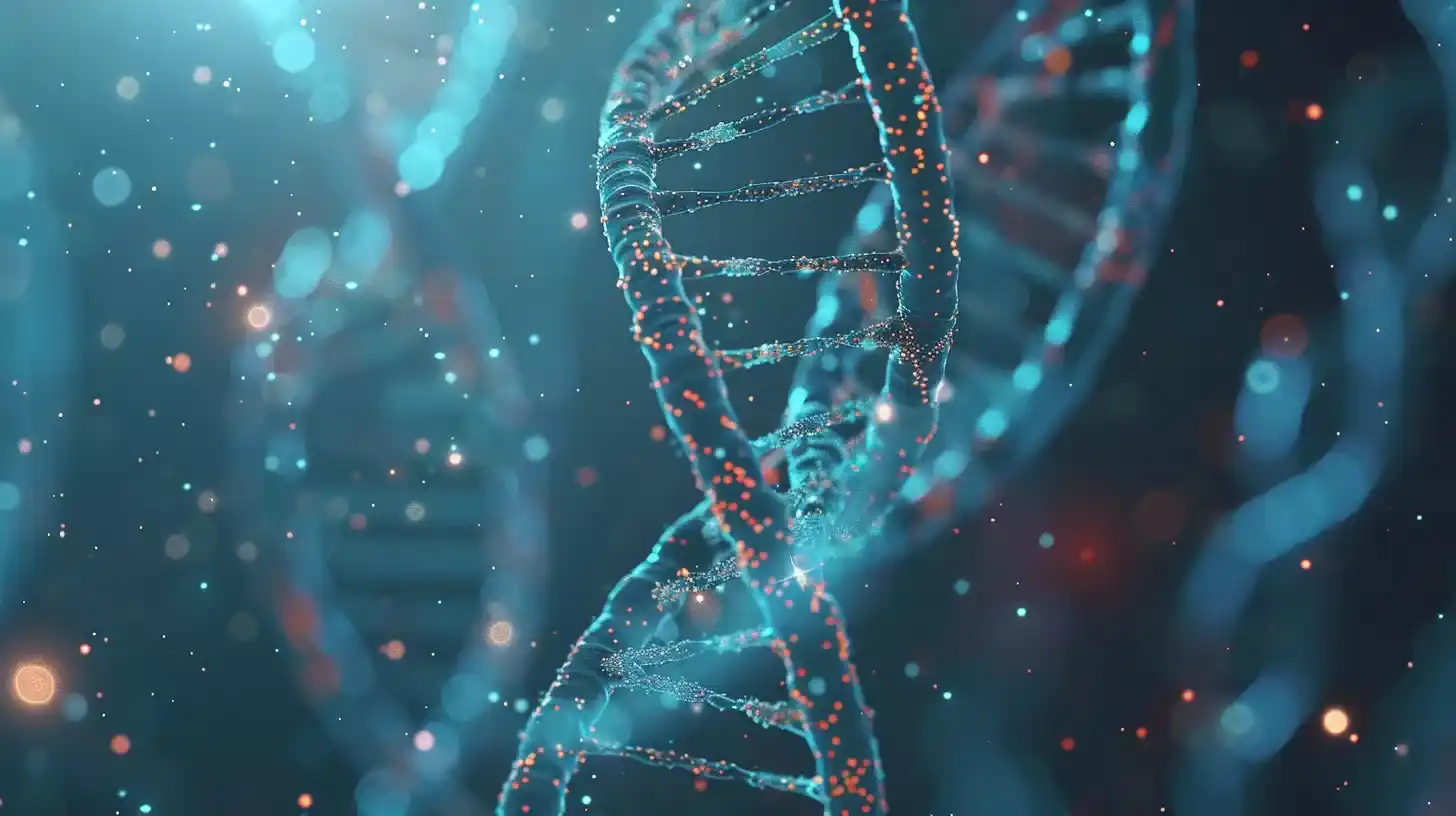Table of Contents
Introduction: Generative AI Antibiotic from Scratch
The biotechnology and pharmaceutical industries are witnessing a paradigm shift, propelled by the integration of artificial intelligence (AI) and machine learning. Pioneering scientists are harnessing the capabilities of Generative AI Antibiotic to transform the drug discovery and design process, aiming to expedite the development of novel therapeutics.
A recent study conducted by researchers at McMaster University and Stanford University highlights the potential of Generative AI antibiotics in designing small-molecule antibiotics to combat the threat of antimicrobial resistance (AMR).
The Global Threat of Antimicrobial Resistance
Antimicrobial resistance (AMR) poses a significant global health threat, as bacteria, viruses, fungi, and parasites develop resistance to drugs intended to combat them. According to the World Health Organization (WHO), AMR was responsible for 4.95 million deaths globally in 2019, with bacterial AMR alone contributing to 1.27 million deaths.
In the United States, the Centers for Disease Control and Prevention (CDC) estimates over 2.8 million antimicrobial-resistant infections annually, resulting in approximately 35,000 deaths. The misuse and overuse of antimicrobials in human health, animal agriculture, and the environment are major contributors to the AMR crisis.
Challenges in Drug Discovery and Development
The discovery of new drugs to address antimicrobial resistance presents numerous challenges. The traditional drug development process is lengthy, expensive, and high-risk. On average, it costs $2.6 billion and takes 10 to 15 years from discovery to regulatory approval.
Moreover, the likelihood of a drug candidate gaining approval from the U.S. Food and Drug Administration (FDA) is low, with only a 7.9 percent overall success rate from Phase I trials. These statistics underscore the urgent need for innovative approaches to expedite drug discovery and development.

Leveraging Artificial Intelligence in Drug Discovery
Artificial intelligence and machine learning algorithms offer promising solutions to accelerate drug discovery and design processes. Generative AI Antibiotic, specifically, utilizes deep learning models to produce entirely new content, including molecular structures.
Notable examples of Generative AI Antibiotic platforms include ChatGPT, DALL-E, and SyntheMol. These platforms enable researchers to explore vast chemical spaces and design novel compounds with desired properties.
SyntheMol: A Generative AI Model for Antibiotic Design
In the aforementioned study, researchers developed a Generative AI Antibiotic model called SyntheMol, which utilizes Monte Carlo tree search (MCTS) to construct novel compounds.
The model was specifically trained to design small-molecule antibiotics effective against Acinetobacter baumannii (A. baumannii), a notorious antibiotic-resistant bacterium. Gram-negative bacteria like A. baumannii pose significant challenges due to their high resistance to most classes of antibiotics.
Training and Validation Process
To train SyntheMol, researchers screened multiple chemical libraries consisting of over 9,000 bioactive compounds and 5,300 commercially available synthetic molecules. The goal was to identify molecules capable of inhibiting the growth of A. baumannii. Using these data, SyntheMol was tasked with generating novel compounds that could be synthesized using two or three building blocks and one chemical reaction, facilitating rapid and cost-effective development.
After generating a pool of candidate molecules, researchers synthesized and experimentally validated 58 compounds. Through rigorous screening for toxicity and antibacterial activity, six non-toxic drug candidates with potent antibacterial properties against A. baumannii were identified. Notably, SyntheMol provided valuable insights into the chemical synthesis of these novel compounds, further streamlining the drug development process.
Conclusion: Transforming Antibiotic Discovery with Generative AI
The successful application of Generative AI in designing small-molecule antibiotics represents a significant milestone in combating antimicrobial resistance.
By leveraging AI-driven approaches, researchers can expedite the discovery of novel therapeutics, ultimately improving healthcare outcomes worldwide. As pioneers continue to harness the power of Generative AI, we are poised to address pressing global health challenges and accelerate scientific innovation for a brighter future.